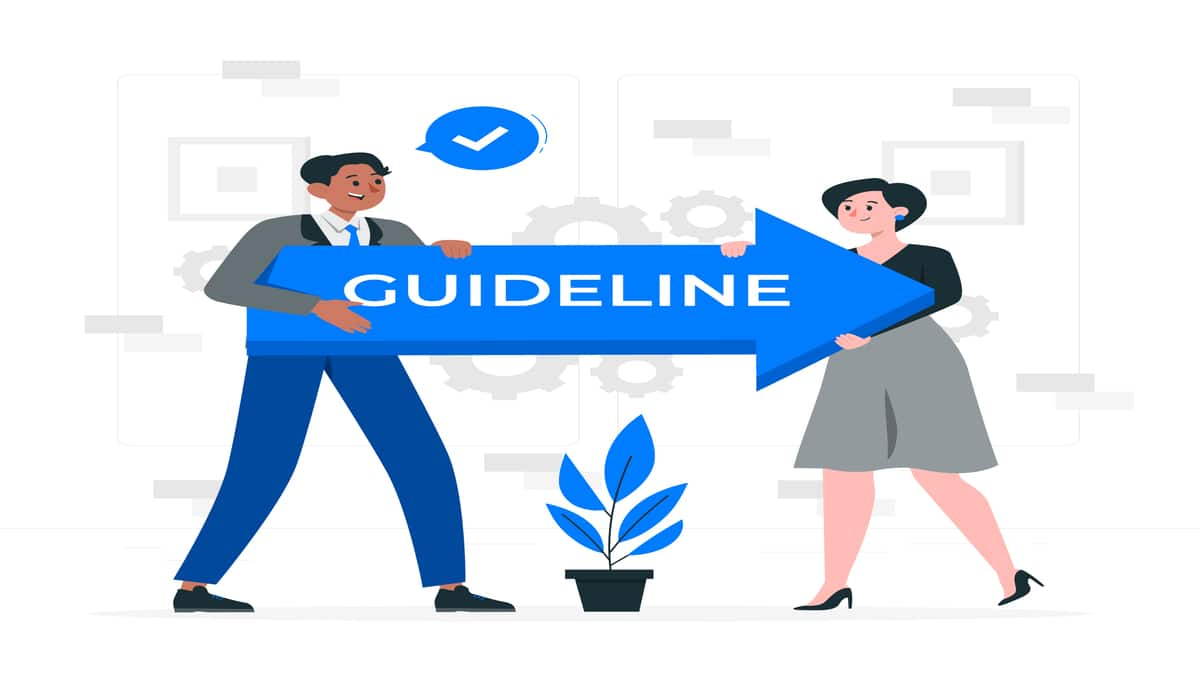Jindal Global Law School Admissions 2026
Ranked #1 Law School in India & South Asia by QS- World University Rankings | Merit cum means scholarships | Early Admissions (Pahse 2) Deadline: 28th Feb’26
The Consortium of NLUs has released the official Code of Conduct for the CLAT 2025 exam. An official notification on the Consortium’s website - consortiumofnlus.ac.in has been released on November 30, 2024 specifying the CLAT 2025 code of conduct. The CLAT code of conduct comprises important instructions, rules, prohibitions etc for the CLAT 2025 exam. The code of conduct notification has important information like unauthorized materials, reporting, exceptions, cheating etc. Earlier, the consortium released the CLAT exam day instructions 2025. Read the complete article to get detailed information about CLAT 2025 code of conduct, exam day instructions and more.

The CLAT official code of conduct 2025 mentions the below given information:
Strict Prohibition of Unauthorized Materials
Ranked #1 Law School in India & South Asia by QS- World University Rankings | Merit cum means scholarships | Early Admissions (Pahse 2) Deadline: 28th Feb’26
Among top 100 Universities Globally in the Times Higher Education (THE) Interdisciplinary Science Rankings 2026
Carrying any unauthorized materials, such as notes, written papers, or electronic devices, into the exam hall is strictly forbidden.
Avoid Communication
Communicating with other students, whether verbally, through gestures, or by exchanging notes, during the examination is considered a violation.
No Mobile Phones or Smart Devices
Last Date to Apply: 25th Feb | Ranked #18 amongst Institutions in India by NIRF | Ranked #1 in India for Academic Reputation by QS Rankings | 16 LPA Highest CTC
India's Largest University | BCI approved | Meritorious Scholarships up to 5 lacs |
Mobile phones, smartwatches, or any other electronic devices capable of storing or
transmitting information is not allowed in the examination hall unless explicitly permitted.
Follow Exam Supervisor Instructions
Students must comply with all instructions from invigilators, or supervisors without argument or delay.
No Proxy or Impersonation
Writing an exam for someone else or having someone else write an exam on your behalf is a serious offense.
Do Not Tamper with Question Booklets
Altering, tearing, marking or annotating the question booklet in a manner not permitted is considered misconduct. Underlining passages are allowed but not underlining, marking,ticking, or circling of answers in the booklet.
Timely Reporting of Errors
If you find errors in your question booklet (such as unprinted pages, blank/missing pages) or OMR sheet, inform the invigilator immediately.
No Late Entry or Early Exit Without Permission
Entering the exam hall beyond the time limit prescribed by the Consortium or leaving before the designated time without permission is considered a breach of rules.
Exceptions for PWD candidates
Based on the needs of PWD candidates special exceptions are given which are communicated to the invigilators and in case of any such privilege denied, the student can insist on talking to the Centre Superintendent or Observers from the Regional Centres.
Report Suspected Cheating
If you observe any unfair practices, report them to the invigilator instead of engaging in or ignoring them. Protect the integrity of the examination process or you will be losing your own entry to the NLU.
Breaching any of these guidelines may result in severe penalties, such as cancellation of the exam or other disciplinary action including criminal cases. Always adhere to the principles of honesty and integrity.
Frequently Asked Questions (FAQs)
Candidates can carry black or blue ball point pens at the exam centre.
Yes, candidates can underline passages in the question booklet but they are not allowed to underline any answer options in the QB.
Some of the unauthorized material in CLAT is notes, written papers, or electronic devices.
On Question asked by student community
Hi, you can apply for admissions in Nirma University, NFSU Ahemdabad, Alliance, IPU University and affiliated instiutes (in case you are reserved category candidates), UPES Dehradun, BITS Law School etc.
Start preparing for CLAT by first understanding the exam pattern and syllabus, which includes English, Current Affairs, Legal Reasoning, Logical Reasoning, and Quantitative Techniques. Make a simple daily routine and begin with basics read newspapers regularly for current affairs, practice comprehension passages for English and legal sections, and solve basic
Hello
With an AIR of 9076 and EWS rank of 846 in CLAT 2026, getting a top NLUs is unlikely, which is why you didn’t get a seat in the first round. However, you still have some chances in lower-tier NLUs like NLU Odisha, NLU Assam, NLU Tripura, NLU Meghalaya,
Hello
With a CLAT 2026 score of 60.75, AIR 17,715, and OBC-NCL rank 3,347 as an out-of-Delhi candidate, getting a seat in the Faculty of Law, Delhi University is very unlikely. DU’s cut-offs for OBC candidates are usually much higher, even in later rounds. You should keep backup options like
Hello,
With AIR 10542 and OBC rank 1843, getting top NLUs is unlikely. However, you still have chances in newer or lower ranked NLUs like NLU Assam, NUSRL Ranchi, MNLU Nagpur/Mumbai, especially in later or vacancy rounds. Also consider good private law colleges as backup options.
Among top 100 Universities Globally in the Times Higher Education (THE) Interdisciplinary Science Rankings 2026
NAAC A++ Accredited | Ranked #11 by NIRF
NAAC A+ Accredited | Among top 2% Universities Globally (QS World University Rankings 2026)
Excellent curriculum; an impressive range of electives, besides core law courses. Up to 100% merit scholarship on a first-come, first-served basis
Last Date to Apply: 25th Feb | Ranked #18 amongst Institutions in India by NIRF | Ranked #1 in India for Academic Reputation by QS Rankings | 16 LPA Highest CTC
#14 in India by NIRF Ranking | NAAC A++ accredited | Approved by BCI | Scholarships Available